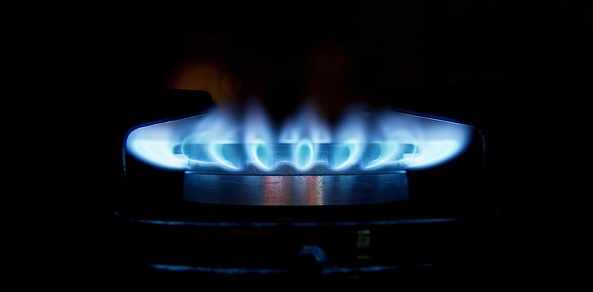Gas Safety Regulations Update

Health and Safety Executive updates its gas safety regulations
The Health and Safety Executive’s (HSE’s) new edition of its guidance to the Gas Safety (Installation and Use) Regulations 1998 details a significant change in gas safety regulations which will hopefully make life for landlords a little easier. The new regulations are currently subject to Parliamentary approval.
Since 1998, it’s been a legal requirement for landlords to ensure annual gas safety inspections take place and that tenants are provided with copies of the certificate produced by the Gas Safe registered engineer. The renewal dates for certificates must be exactly 365 days from the date of issue.
In the past, this has forced landlords to choose between two options when renewing their safety certification:
1) To book an inspection a number of weeks in advance of the renewal date. This ensures that the engineer can gain access and have plenty of time to make any repairs, if necessary. However, the day that the new certificate is issued becomes the start point for the next certification period. This means that landlords lose days each from the renewal cycle, as their certification dates moves forward each year.
2) Leave re-certification until the last minute so as not to lose any days of certification. This runs the risk of not complying with the legislation if there was a problem with access or repairs required, which means the certificate is not awarded before the expiry date.
The 5th edition of the HSE guidance allows for renewal dates to be maintained if certificates are issued within the two months before the expiry date of a certificate.
That means that if a certificate has an expiry date of 30th June 2018, a new inspection can be carried out from the 1st May 2018 and any certificate issued within that period will be given an expiry date of 30th June 2019.
From the HSE guidance:
Record keeping
However, landlords must be able to prove they have compiled with the law, in order to benefit from the new flexibility. This means that landlords have to retain a certificate until at least two other gas safety checks have been carried out.
If a landlord is unable to show the necessary documents, then the expiry date of the current gas safety check will be taken as 12 months from the date of the last certificate being issued. As discussed above, the documentation must include two previous gas safety records.
There are a number of ways that you can keep these records. According to the HSE’s guidance to regulation 36A:
“This demonstration that they have complied with the law may take the form of a computerised database or a paper file or other means as long as there are records showing the dates of previous gas safety checks, the date of the latest check, and the preserved deadline date, along with copies of the landlord’s gas safety records from the previous two years.”
The regulations go on to state that there is no legal requirement to include either
- An expiry date of the landlord’s gas safety record or
- The earliest date that the next gas safety check can go ahead (and retain the deadline date)
However, the HSE recommends that landlords retain this information so they can demonstrate the necessary audit trail. This is especially useful to show that consecutive gas safety checks have been carried out in the ten to twelve month window.
It will also give tenants confidence that the validity of the gas safety record is clear over a good period of time.
The guidance also clearly flags that it is the landlord’s legal duty to demonstrate that gas safety checks have been made in the required timescales.
This blog is a follow up to Ben Holdnall’s item announcing the change to gas safety regulations.
Reference:
Regulations: http://www.hse.gov.uk/pubns/books/l56.htm
HSE announcement: http://www.hse.gov.uk/pubns/books/l56.htm

